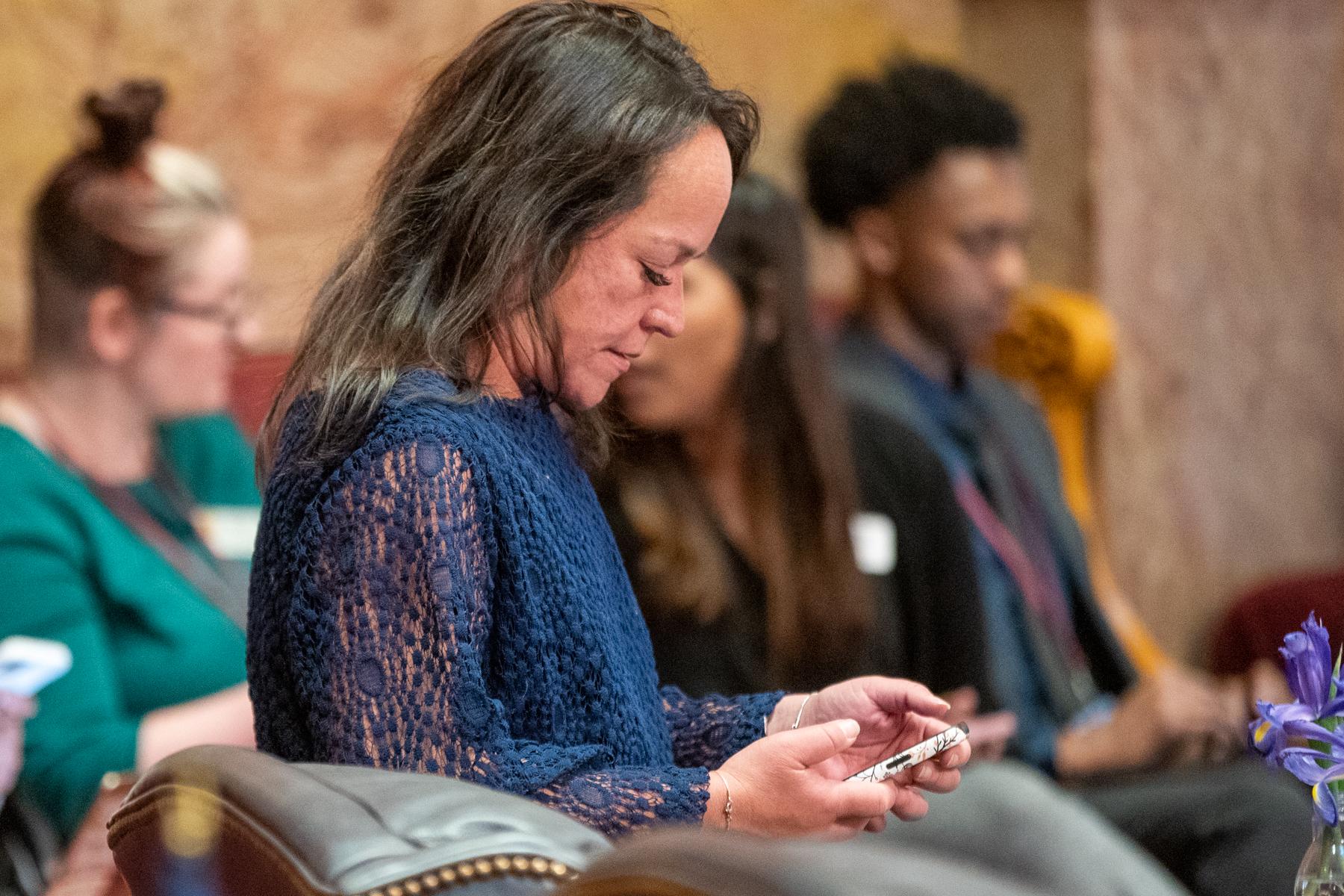
One ballot proposal to preserve hookups for fossil fuel-powered appliances in Colorado homes is dead, but the state’s oil and gas industry is already pursuing another option to put a similar measure before voters in November.
Protect Colorado, a political group financed by the state’s biggest oil and gas operators, had until April 18 to submit petitions to move forward with Measure No. 86, which would have banned state or local governments from enacting policies to restrict the energy source used for heating, cooking or other activities.
The proposal was a response to a growing handful of Colorado cities that have approved all-electric construction standards to cut climate-warming emissions from new buildings and protect residents against indoor air pollution. Lafayette and Crested Butte have already approved new codes banning gas hookups in new homes and businesses. Boulder is now in the final stages of approving a similar policy.
Signature gatherers had circulated petitions for the initiative outside grocery stores and other locations for months, but those documents were not filed in time to meet a Thursday deadline set by the Colorado Secretary of State. State records confirm the ballot proposal has expired and won’t move forward.
Campaign finance records show Protect Colorado invested significant financial resources in the effort over the last two financial quarters, spending $3.5 million in contributions from Chevron Energy, Occidental Petroleum and other oil and gas firms. Political consultants and signature-gathering firms received almost all of that spending.
The concept, however, could still advance in another form. Since January, Protect Colorado and Advance Colorado, an allied conservative group, have proposed four similar “energy choice” ballot measures.
Mark Truax, a political strategist working on behalf of Protect Colorado as the CEO of Pac/West Strategies, told CPR News the group is now throwing its weight behind Measure No. 116, a similar proposal with a signature deadline in early August. A separate state database shows six private signature-gathering firms have filed official paperwork to petition for the initiative in the last week.
Why climate groups fear the battle isn’t over
Since the oil and gas industry proposed the original initiative last year, environmental advocates have warned it could have consequences far beyond curtailing local building codes.
That’s because the proposal would prevent state or local governments from infringing on consumers’ right to choose an energy source. If approved into law, a broad interpretation could rule out requirements to phase out coal-fired power plants or pollution restrictions covering major industries, said Jessica Goad, the deputy director of Conservation Colorado.
It’s also why Goad says the failure of the original ballot plan is only cause for momentary relief.
“Those of us who care about public health, safety and the climate are not out of the woods. The oil and gas industry still has several very dangerous measures alive that could roll back decades of Colorado’s climate progress and impede future environmental protection,” Goad said.
In addition to measures related to the battle over gas appliances, Protect Colorado is backing other initiatives to add Republicans and Independents to the Colorado Air Quality Control Commission, which oversees state pollution regulations. Another initiative would codify rules that cut smog-forming ingredients from drilling and hydraulic fracturing operations to a set of state regulations approved in December 2023.
A third ballot proposal opposed by climate groups would only allow the state to assess fees for transit projects in areas served by transit. It would also require voter approval for those fees. A state financial assessment found the proposal could block more than $1.1 billion in funding in the next two years already earmarked for highway and public transit projects.
In response, a coalition of Colorado environmental groups filed three counter-initiatives meant to force the oil and gas industry to the negotiating table.
Two of those proposals would expose the industry to greater financial liability in the event of spills or other air pollution releases.
A third proposed initiative would have established a state right to a healthy environment. In a hearing last Wednesday, however, the Colorado Title Board ruled the proposal failed to follow the state’s single-subject rule, a provision in the state constitution that requires every proposed initiative to limit itself to one topic clearly described in its title. Environmental advocates have until next Wednesday to appeal the decision.
Since proposing those ballot initiatives, environmental advocates have signaled they’re open to negotiations to remove their proposals if the oil and gas industry drops their plans.
But so far, it doesn’t appear either side is backing down, which means Colorado’s upcoming ballot is inching closer to ballooning into a complex labyrinth of energy and climate policies.









